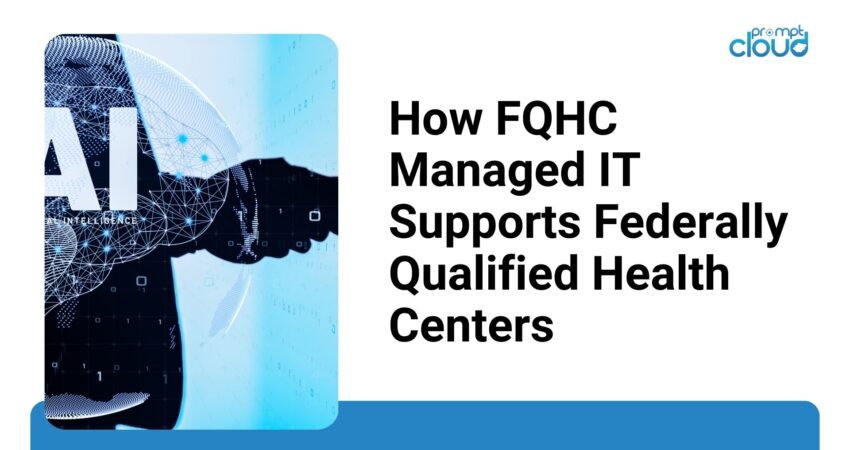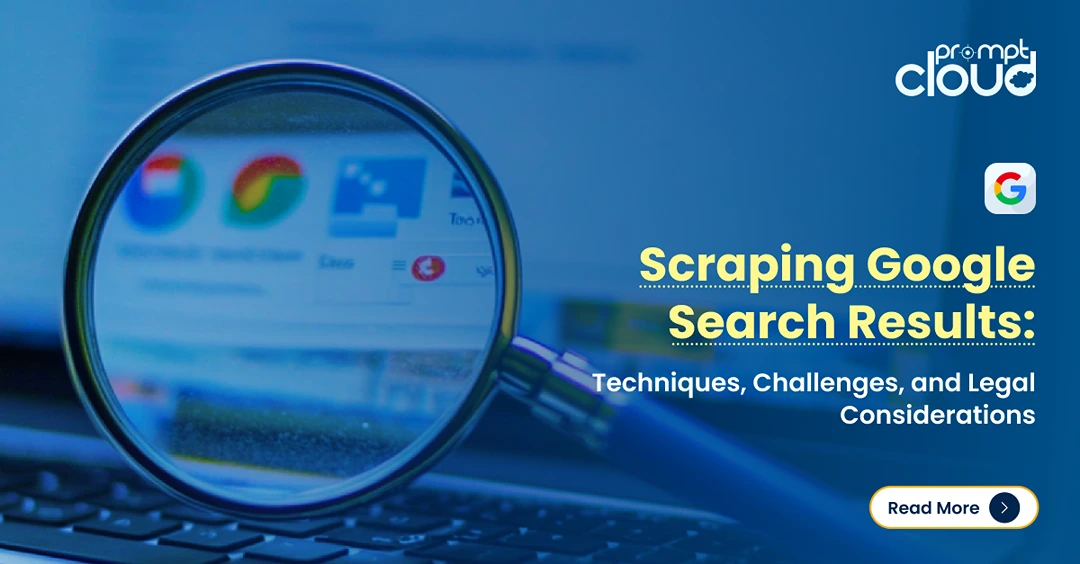
How can technology improve the efficiency and impact of federally qualified health centers (FQHCs)? Managed IT services are crucial in helping these centers operate effectively and deliver better care. These solutions address the unique challenges faced by FQHCs while enhancing their technology infrastructure. Let’s explore how managed IT supports these essential healthcare facilities.
Understanding the Role of Managed IT in FQHCs
FQHC Managed IT refers to technology solutions specifically designed to support the needs of federally qualified health centers. These services include network management, cybersecurity, and data storage to ensure smooth operations. By relying on managed IT, clinics can focus on their mission of providing affordable care while maintaining efficient workflows.
Managed IT services address the unique needs of these centers, such as compliance with healthcare regulations and securing patient data. They provide tools and support that help these facilities improve service delivery. By implementing robust tech systems, health organizations can enhance care coordination and reduce operational burdens. This approach enables healthcare teams to focus more on patient care and less on technical challenges.
Ensuring Compliance with Healthcare Regulations
Compliance is critical to healthcare operations, and federally qualified clinics must adhere to strict regulations. These services help centers meet requirements such as HIPAA for safeguarding patient information. These regulations require secure systems for managing sensitive data.
Major services include:
- Regular security audits to identify potential vulnerabilities
- Encryption of data to protect against breaches
- Implementation of secure access protocols
- Automated reporting for compliance documentation
- Continuous monitoring to maintain regulatory standards
Meeting compliance requirements not only avoids penalties but also builds trust with patients. Managed IT ensures that community clinics maintain the highest standards of data security.
Enhancing Patient Data Management
Effective data management is essential for improving healthcare delivery. Managed tech services provide health centers with advanced tools for managing electronic health records (EHR) and other critical data. These systems enable healthcare providers to access accurate and up-to-date information quickly.
Centralized data storage allows seamless sharing between departments and facilities. This enhances coordination and reduces the risk of errors. Regular data backups ensure that information is not lost during system failures. This tech system makes organizing patient data easier, supporting better decision-making in care delivery.
Boosting Operational Efficiency
Streamlined operations are essential for community health facilities to serve their communities effectively. Managed IT services optimize processes such as appointment scheduling, billing, and inventory management. Automation reduces the need for manual work, saving time and reducing errors.
Regular tech maintenance ensures systems run smoothly and minimizes downtime. Providers benefit from tools that simplify workflows, enabling staff to focus on patient care. By implementing IT solutions that improve efficiency, health centers can deliver faster and more reliable services to their patients. Proactive monitoring ensures potential issues are resolved before they impact operations. Additionally, real-time data analytics can help administrators make informed decisions to enhance overall performance.
Strengthening Cybersecurity Measures
Healthcare organizations, including federally supported clinics, are frequent targets for cyberattacks. Managed IT services provide robust security measures to protect against threats. Some tools used to secure systems include firewalls, antivirus software, and multi-factor authentication.
Cybersecurity training for staff is also essential to prevent human errors that can lead to breaches. Expert tech providers monitor systems for unusual activity and respond to potential risks immediately. Investing in strong security measures safeguards patient information and ensures uninterrupted operations.
Supporting Telehealth Integration
Telehealth has become an important tool for delivering care to underserved populations. Expert tech services ensure community health facilities have the necessary infrastructure to support telehealth programs. This includes reliable video conferencing tools and secure platforms for sharing patient data.
Providers can also implement systems for remote monitoring and follow-up care. Managed IT ensures these tools function properly, thus improving access to healthcare for patients in remote or rural areas. By supporting telehealth, this IT expands the reach and impact of community health services.
Scaling for Future Growth
As community clinics’ demands increase, professional tech services provide scalable solutions to accommodate growth. This includes expanding data storage, upgrading software, and implementing new technologies. Scalability ensures that healthcare facilities can continue to meet their communities’ needs effectively.
Managed IT providers offer support for integrating advanced tools like artificial intelligence and analytics. These technologies enhance decision-making and improve care delivery. With scalable solutions, health centers can adapt to changing needs and remain prepared for future challenges. Partnering with a reputable service ensures seamless upgrades and dependable performance during growth phases. Trusted providers also bring industry expertise, ensuring solutions align with specific healthcare requirements.
Managed IT services are vital in helping federally qualified health centers operate efficiently and provide better care. For example, FQHC Managed IT offers solutions that enhance data security, streamline operations, and support telehealth. By partnering with reliable IT providers, these centers can meet their goals and continue serving their communities effectively.




















